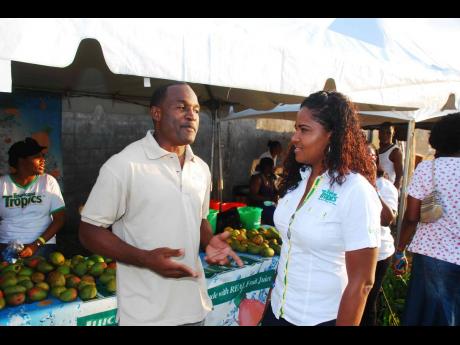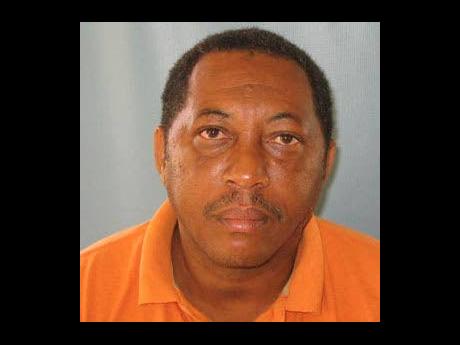It is a hogwash - Westmoreland Municipal Corporation councillors criticise directive on trucking water
In a letter dated December 10 presented in the last monthly meeting of the Westmoreland Municipal Corporation (WMC) directing local authorities to get prior permission for trucking water has not gone down well with the councillors.
Cebert Mcfarlane, the councillor for the Leamington division, argued that the letter from Marsha Henry-Martin, permanent secretary in Ministry of Local Government and Rural Development, received a day before the general meeting, was an insult to the WMC and the advancement of local governance.
“In the case of trucking water, for you to seek permission from a ministry to truck water which is an emergency is basically hogwash,” said McFarlane. “This piece of correspondence is an insult to the council.”
McFarlane said for the corporation to wait for permission to be granted for the trucking of water, it would take several months to be approved and probably another two to reach the corporation.
“My experience over the years is that when you seek permission from a ministry to do something, that permission sometimes takes some two months,” he said.
GOVERNANCE ISSUE
According to McFarlane, the directive from the ministry at this time is an indication that there is a serious governance issue in the country to the point that a municipal corporation, which is the first port of call, is not able to provide in an emergency situation, potable water to people they are elected to serve.
“If you can’t service the needs of the people... if you can’t address something as water…we are really in a problem,” added McFarlane.
Ian Myles, the councillor for the Little London division, said that directive is basically telling the people in the parish that they are approaching some ‘dark days.’
“We are currently experiencing drought and it’s not only for domestic uses that water is needed, but the farming community also cannot be left without the commodity,” said Myles.
According to Myles, since the onset of the coronavirus, farming has become the main source of income for most people of the parish as tourism, which was usually the mainstay, is still not back.
“Without the farmers where do we go?” asked Myles. “COVID is on us now and most of the traditional sectors are down and if farmers can’t get water where do we go from here.”


